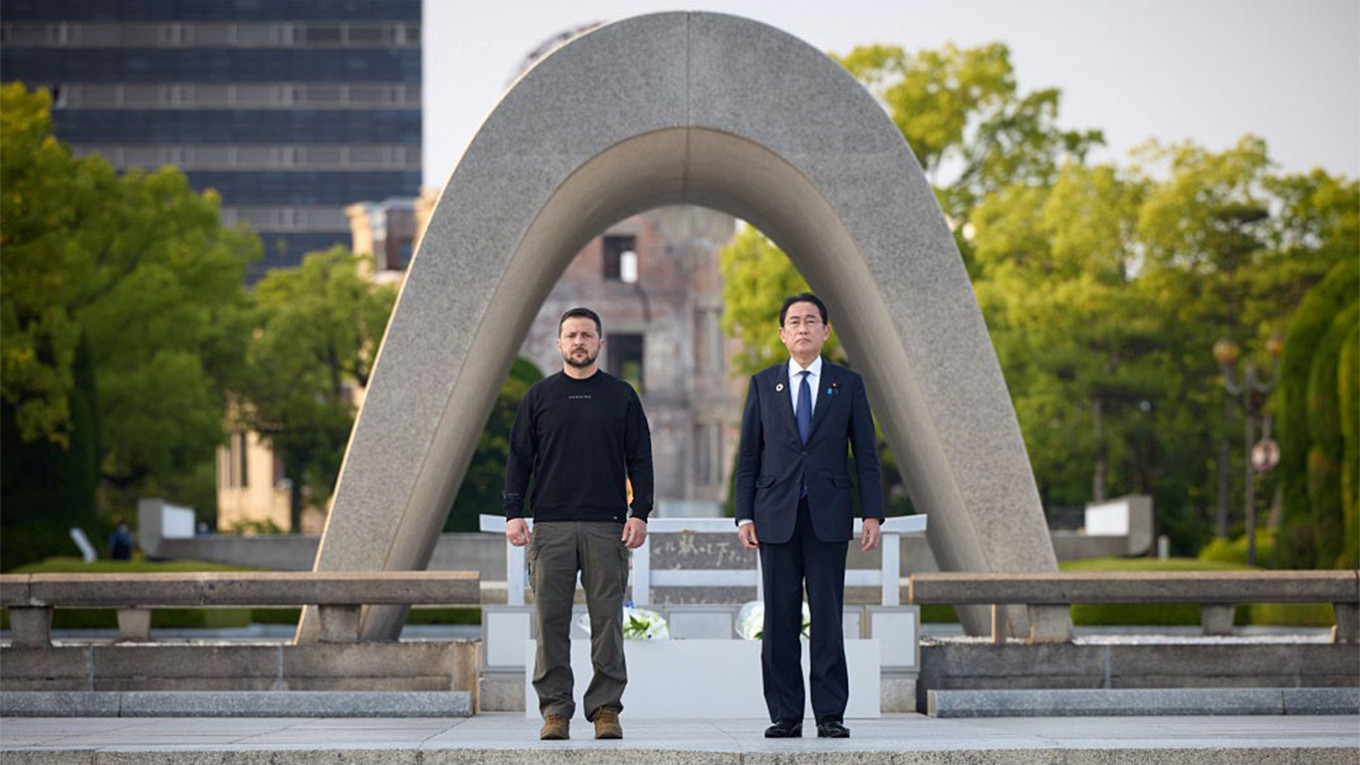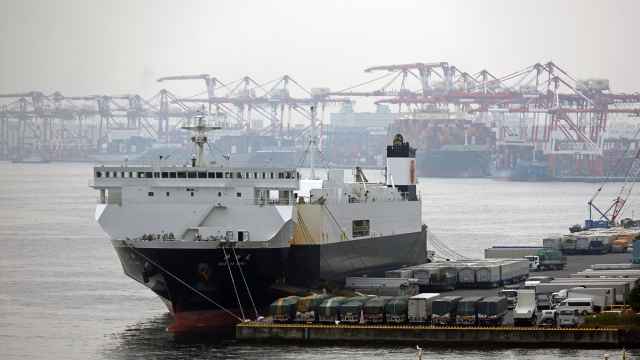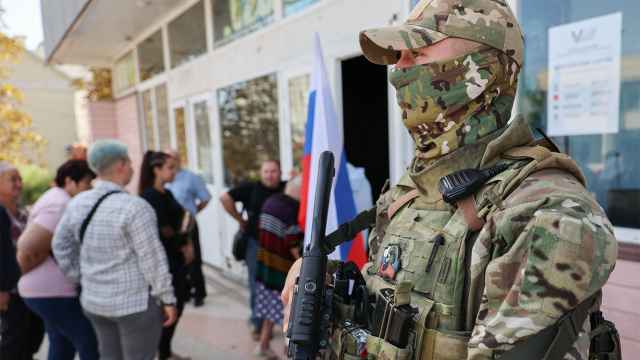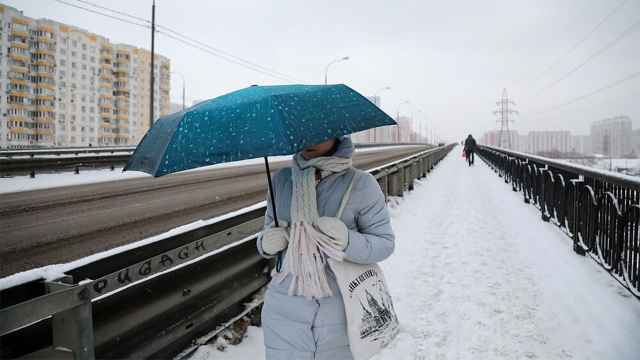Japan announced fresh sanctions against Russia on Friday over its invasion of Ukraine, targeting its military as well as the construction and engineering sectors.
Russia was hit with a wave of sanctions after it sent forces into Ukraine in February last year, but calls have grown from Kyiv and its allies for tougher action against Moscow.
The latest embargo by Tokyo follows the Group of Seven summit Japan hosted last week in Hiroshima, where the bloc's leaders agreed to "starve Russia of G7 technology, industrial equipment and services that support its war machine."
The new Japanese sanctions include "an asset freeze of Russian individuals and groups, a ban on the export of goods to Russia's military-related organisations, and a ban on the export of construction and engineering services to Russia," government spokesman Hirokazu Matsuno told reporters.
The asset freeze targets 17 individuals and 78 groups, including high-level military officials, while the 80 organisations hit with export restrictions include the Russian mobile phone operator MegaFon, according to the Japanese government.
The United States, U.K. and the European Union have all announced fresh punishments against Moscow recently, as well as commitments of more military aid to Ukraine, including F-16 fighters.
Matsuno also condemned plans to deploy Russian tactical nuclear weapons to Belarus.
Belarusian leader Alexander Lukashenko said Thursday that Moscow had begun moving nukes to its territory.
Matsuno said this will "further escalate the situation".
"As the only country to have suffered atomic bombings during wartime, Japan can never tolerate Russia's threat of nuclear weapons, not to mention their use."
A Message from The Moscow Times:
Dear readers,
We are facing unprecedented challenges. Russia's Prosecutor General's Office has designated The Moscow Times as an "undesirable" organization, criminalizing our work and putting our staff at risk of prosecution. This follows our earlier unjust labeling as a "foreign agent."
These actions are direct attempts to silence independent journalism in Russia. The authorities claim our work "discredits the decisions of the Russian leadership." We see things differently: we strive to provide accurate, unbiased reporting on Russia.
We, the journalists of The Moscow Times, refuse to be silenced. But to continue our work, we need your help.
Your support, no matter how small, makes a world of difference. If you can, please support us monthly starting from just $2. It's quick to set up, and every contribution makes a significant impact.
By supporting The Moscow Times, you're defending open, independent journalism in the face of repression. Thank you for standing with us.
Remind me later.






